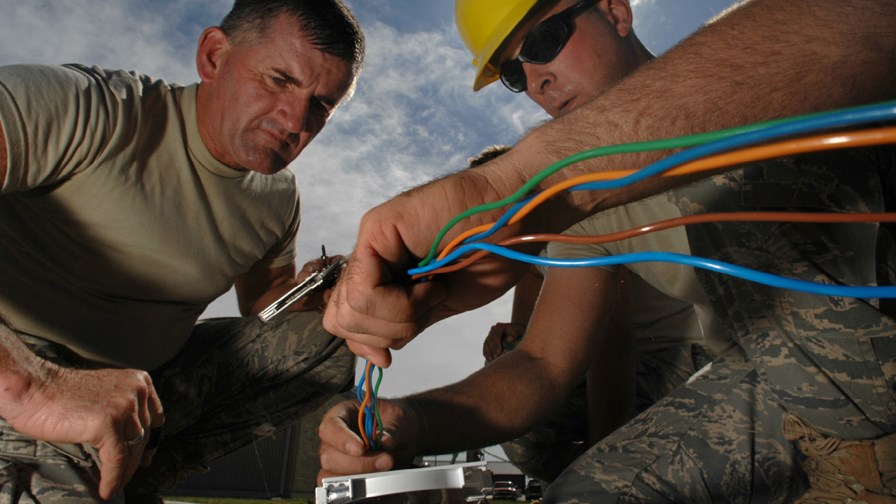
via Flickr © Kenny Holston 21 (CC BY-ND 2.0)
- Ireland’s national broadband build may have hit a snag
- A committee reports that a rethink on the whole thing might be needed
- The private sector, it alleges, is getting money for old rope since they have avoided the risk and look set to enjoy a quick payback
- Better to have a stutter on roll-out and put the network into public ownership
What is it about national broadband schemes which try to involve private entities in their construction and management - every time they seem to end up mired in politically-tinged controversy over costs and competence (please let us know if you know of one that hasn’t been).
Ireland’s multi-billion Euro broadband scheme seems to be running into the mud after an influential government communications committee there called for a three month ‘project freeze’ to force a re-think of the whole approach as the extent of its real cost became apparent.
The scheme has been subject to the usual bickering and ‘noises off’ since it was first mooted (see - Irish broadband plan: stop bickering and get on with it).
But now the government committee has recommended, in a non-binding report, it should be noted, that the resulting broadband network should not be privatised as originally envisaged, but that serious thought (a three-month external independent review by an ‘expert is being recommended) should be undertaken to look into its €3bn cost and the tendering process which brought the project into being. All this should be conducted with a view to recommending a universal service obligation - that, it’s thought, might ensure that the network would remain in public ownership.
The committee might also be free to award a new contract to the Electricity Supply Board (ESB) or Eir (the former state-owned incumbent) to allow either firm to provide broadband at what the former incumbent Eir, promised it could provide, at “a fraction’ of the existing €3 billion predicted cost” - around €1 billion it claims.
Just to add some spice, claims of improper influence are swirling around to undermine the original bidding process.
If the report is taken seriously by the Irish government, the outlook is somewhat messy. The government is highly aware that any major rethink of the original contractual arrangement will probably unpick the whole thing and cause a huge delay of up to five years in the spread of broadband in the Republic.
The committee, however, is adamant that, while it finds itself in favour of rolling out broadband to the whole country (urban and rural) as the plan envisages, it couldn’t possibly back it as it stands.
So the political battle-lines are neatly drawn up with the opposition Fianna Fáil party alleging incompetence and waste on the part of the government if the plan were to continue as planned.
What particularly annoys the opponents of the current deal structure is that the “private sector risk” is “practically non-existent”, they claim. That undermines the whole rationale for involving the private sector which is supposed, through its experience, to be able to quantify the various risks, manage the cost down and tender appropriately. They don’t think that’s happened in this case.
Email Newsletters
Sign up to receive TelecomTV's top news and videos, plus exclusive subscriber-only content direct to your inbox.




